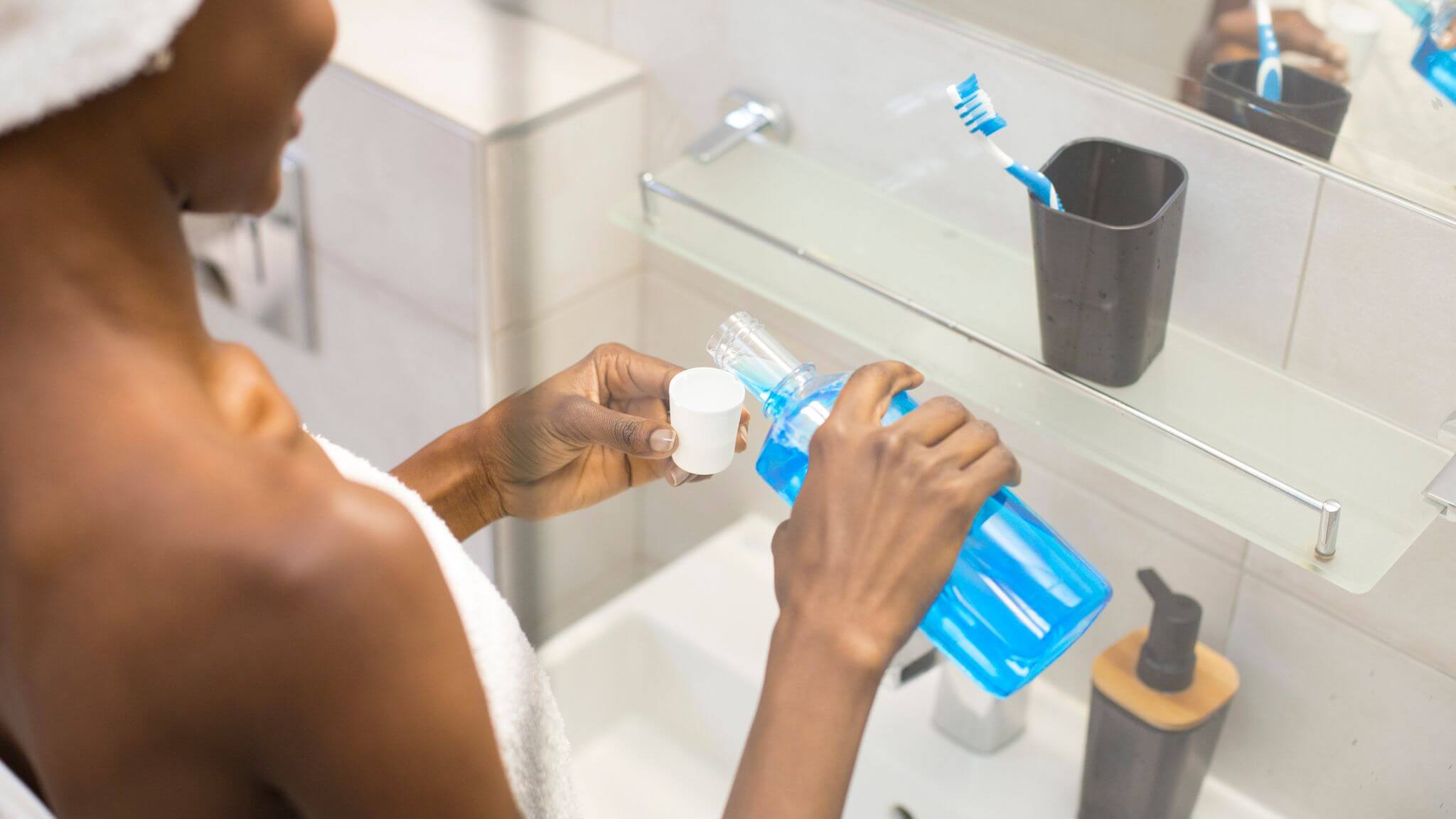BERLIN: The novel coronavirus can be inactivated using commercially available mouthwashes, according to a study which says gargling with these products may reduce the quantities of viral particles in the mouth and throat, and possibly reduce the risk of COVID-19 transmission over the short term.
However, the study published in the Journal of Infectious Diseases, cautions that mouthwashes are not suitable for treating COVID-19 infections or protecting oneself against catching the novel coronavirus, SARS-CoV-2.
According to the researchers, including those from Ruhr University Bochum in Germany, high quantities of the virus particles, or viral load, can be detected in the oral cavity and throat of some COVID-19 patients.
They added that the main route of transmission of the virus likely involves direct contact with respiratory droplets of infected individuals, produced during sneezing, coughing, or talking, and the subsequent contact to nasal, oral or ocular mucosal membranes of healthy individuals.
The researchers believe the study’s findings might help reduce the risk of this form of transmission, and potentially help develop protocols for dental treatments. They said the findings “support the idea that oral rinsing might reduce the viral load of saliva and could thus lower the transmission of SARS-CoV-2.” “Our findings clearly advocate the evaluation of selected formulations in clinical context to systematically evaluate the decontamination and tissue health of the oral cavity in patients and healthcare workers to potentially prevent virus transmission,” the scientists wrote in the study.
In the research, they tested eight mouthwashes with different ingredients that are available in pharmacies in Germany. The scientists mixed each mouthwash with virus particles and a substance which was intended to recreate the effect of saliva in the mouth.
They then shook the mixture for 30 seconds to simulate the effect of gargling, and tested it in Vero E6 cells, which, according to the researchers, are “particularly receptive” to SARS-CoV-2, to determine the quantities of the virus particles.
In order to assess the efficacy of the mouthwashes, the scientists also treated the virus suspensions with cell culture medium instead of the mouthwash before adding them to the lab-grown cells. While all of the tested preparations reduced the initial virus count, the study noted that three mouthwashes reduced it to such an extent that no virus could be detected after an exposure time of 30 seconds.
However, the scientists cautioned that the effect and its duration remain to be confirmed in clinical practice. According to the researchers, mouthwashes are not suitable for treating COVID-19.
“Gargling with a mouthwash cannot inhibit the production of viruses in the cells, but could reduce the viral load in the short term where the greatest potential for infection comes from, namely in the oral cavity and throat. and this could be useful in certain situations, such as at the dentist or during the medical care of Covid-19 patients,” explained study co-author Toni Meister from Ruhr University Bochum.
The scientists are examining the possibilities of a clinical study on the efficacy of mouthwashes on SARS-CoV-2 during which the scientists want to test whether the effect can also be detected in patients and how long it lasts.







